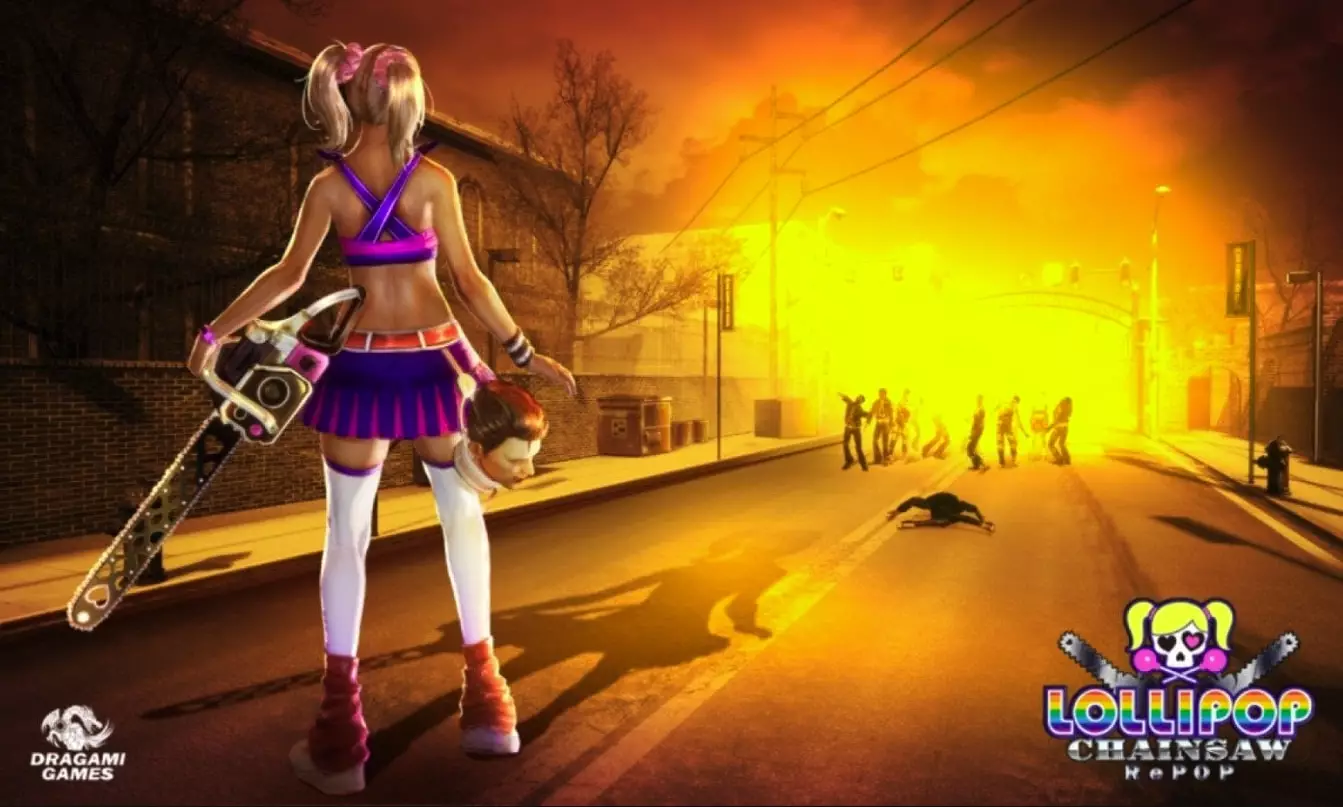Lollipop Chainsaw, a vibrant and edgy action game from 2012, is making a surprising yet exhilarating comeback that signals a new chapter in its storied existence. Originally developed for PlayStation 3 and Xbox 360, this title garnered a dedicated fan base with its campy horror-comedy vibe, over-the-top characters, and distinctive visual style. After more than a decade, the game’s recent remastered edition, Lollipop Chainsaw RePOP, reminded gamers of its unique charm and set the stage for something much bigger. What initially appeared to be a nostalgic rehash has evolved into a tantalizing glimpse of a future where this cult classic may reclaim relevance in today’s gaming landscape.
The positive reception of RePOP underscored the dormant potential nestled within the game’s universe. Recognizing this, the rights holders have entrusted development to new industry powerhouses—Dragami Games and Nada Holdings—signaling a clear intent to expand the franchise beyond its original boundaries. This transition is noteworthy because it demonstrates a strategic move to leverage fresh creative energies while respecting the game’s passionate fan base. The collaboration hints at bold innovations that could modernize or reimagine the game’s core themes, blending classic chaos with contemporary storytelling and gameplay mechanics.
Strategic Expansion and Future Possibilities
Although concrete details about the upcoming projects are scarce, the announcement alone fuels speculation about the scope of future developments. The statement from Shohei Sato, CEO of Dragami Games, emphasizes a commitment to honoring the original spirit while also exploring “a wide range of new products.” This suggests not just a sequel or remaster, but an entire universe—possibly including spin-offs, merchandise, animated adaptations, or even expanded media collaborations. The franchise’s potential to evolve into a multimedia property is tantalizing, especially considering the game’s distinctive aesthetic and rebellious attitude.
Interestingly, the absence of original creator James Gunn’s involvement shouldn’t dampen fans’ enthusiasm. Gunn, now a renowned filmmaker, played a pivotal role in shaping the original game’s tone and design, but his focus has shifted significantly—most recently to blockbuster superhero films. Yet, the enduring love for Lollipop Chainsaw remains evident, and the franchise’s revival could serve as a tribute to its initial creative roots, even if Gunn is no longer directly associated. This shift exemplifies how franchises can transcend their origins, evolving with new creative teams while still honoring their legacy.
Ultimately, the renewed interest in Lollipop Chainsaw illustrates a broader trend: classic titles are increasingly being reconsidered for modern audiences. This isn’t just about nostalgia; it’s about leveraging established IP to create innovative gaming experiences that resonate across generations. The industry’s willingness to revisit and reinvent past successes reflects a complex understanding that great ideas are timeless—especially when supported by passionate fans and skilled developers eager to push creative boundaries.

